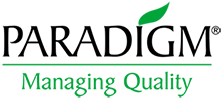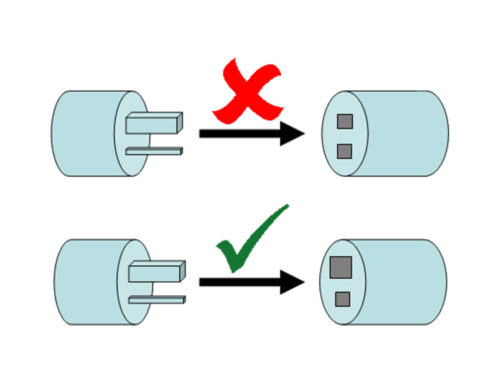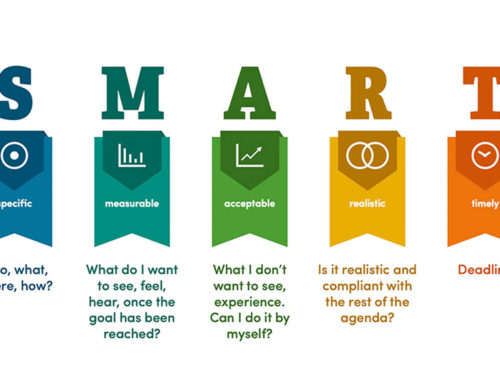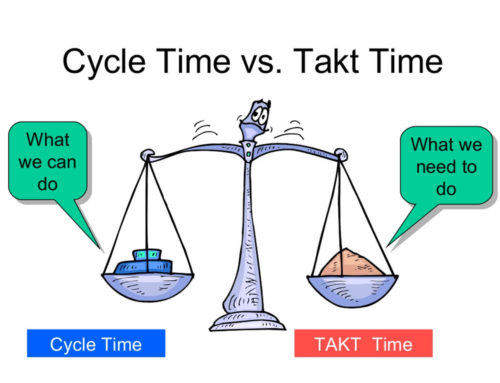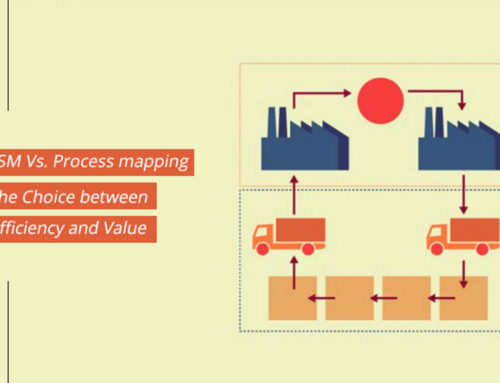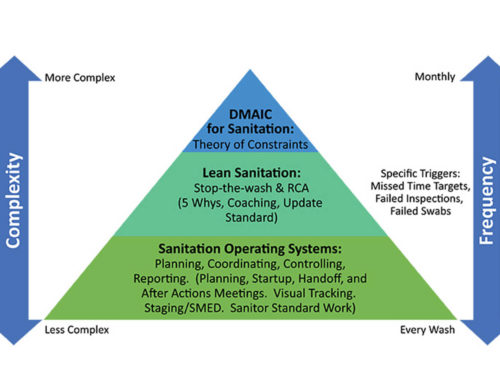COVID 19 has disturbed the entire world. India is facing a grim situation. The shutdown has been extended, and the adverse effect on the economy has proven itself. India faced approximately 7 lakh crores of fiscal deficit in 2019. With an abysmal economy, the situation has become severe for that community, which is dependent on daily wages. More than 50 percent of the Indian population’s financial stability is dependent on the food sector. In this pandemic situation, with stores running out of commodities, masses are at an edge of their behaviour.
In such cases, how is the food and beverage industry coping up? What are the problems faced in meeting the requirements, which have been suddenly hampered? What measures should the food factories also undertake to maintain ‘social distancing’, which is the present precaution as well as ‘temporary cure’ for COVID-19?
Workers and laborers of the food and beverage industry are considered as significant infrastructure workers. The workers’ ability to maintain and safeguard the community needs measures towards sustainable protection.
Paradigm mentions a few steps and arrangements for food factories that will have to reinstate their operations of productions inevitably.
Will the exported food and beverages be safe?
Foodborne gastrointestinal viruses like Hepatitis A and norovirus are transmitted by food. However, SARS Cov-2, which affects respiratory organs, is not known to be transferred via food. Corona is mainly transferred from person to person. The viruses spread when an infected patient sneezes or coughs. Besides, if a corona patient sneezes, touches the mouth, and comes in contact with surrounding objects, which, if any other individual touches, could be infected or become a carrier of the virus. That is why social distancing is highly stressed worldwide.
There is no evidence stating COVID 19 is transmitted through food or beverage. However, the export involves a lot of exchange between people, which aids in the spread of the virus. The processes of manufacturing, to retail, include physical contact, which can be harmful to the workers. Moreover, it is crucial that basic food safety is followed—cleanliness, separation, and cook.
What guidelines should the Food and beverage industry follow? OR How can food businesses protect workers from COVID 19?
In India, on an average, daily, there are 800 new cases of Corona with a minimum of 20 to a maximum of 60 deaths, while the recovery rate is highly imbalanced. With a diligent team of healthcare, we do presume that the recovery rate will grow in the forthcoming future. However, in the case of a food factory, let us understand what has to be particularly followed to cut down the rate of growth of corona patients.
AWARENESS of the Disease
The food factories should ensure that each worker from all the departments is sincerely informed about the situation, the scientific definition, and the probable causes and effects of the disease. They should also guide about the symptoms so that early detection will help in avoiding the spread. The proprietor or the senior food official should provide these guidelines in writing to all the workers.
Fever, shortness of breath, fatigues, dry throat, and cough are initial symptoms of COVID -19.
Appropriate Physical distancing
Considering that the food factories work in different kinds of spatial arrangement, the senior official should devise some ideas to maintain physical distancing. Some modifications in positioning the workers could help a great deal.
A minimum distance of three feet between each worker should be maintained.
The workers, operators, supervisors, considering the difficulty in maintaining social distancing, should mandatorily wear masks. Organize the team into working groups to arrange the smaller spaces effectively. If the need arises, the owner should provide PPE for the overall protection of the workers in the food processing zone.
Sanitizers, Disposable Gloves, and Masks
Sanitizers should be placed at regular intervals so that workers can use them as and when required.
The factory owners should stock up masks and gloves for the laborers, supervisors, and essential officials.
Avoid contacting from foodstuff to packaging material with bare hands; Use utensils, tong, spatulas, single-use gloves, and other equipment, which should be thoroughly cleaned.
Improvise handwashing facilities; although the factories cannot rebuild the systems but can improvise on a few ideas to maintain the most significant possible hygiene standards and cleanliness
If some food preparation processes require bare hands, then the employees should wash exposed arms for 20 seconds before initiation and after completion of work.
The factory should ensure enough supplies of surgical or N95 masks for the workers and officials in the food processing zone.
Wearing masks and gloves should be done by farmers, manufactures, processing workers, and retail professionals to avoid the outrageous spread of COVID-19.
What is if some worker/ official/ colleague has COVID-19? Or What to follow if a worker is tested positive?

Besides, a protocol of proper sanitization of the factory should be done. Workers can resume work post the quarantine once they have been tested negative.
The vaccine of Corona is not discovered. However, to flatten the curve, one has to follow the guidelines as stated by the government. The times are rough, but the collective measure could help us in improving our status.
Your Content Goes Here
